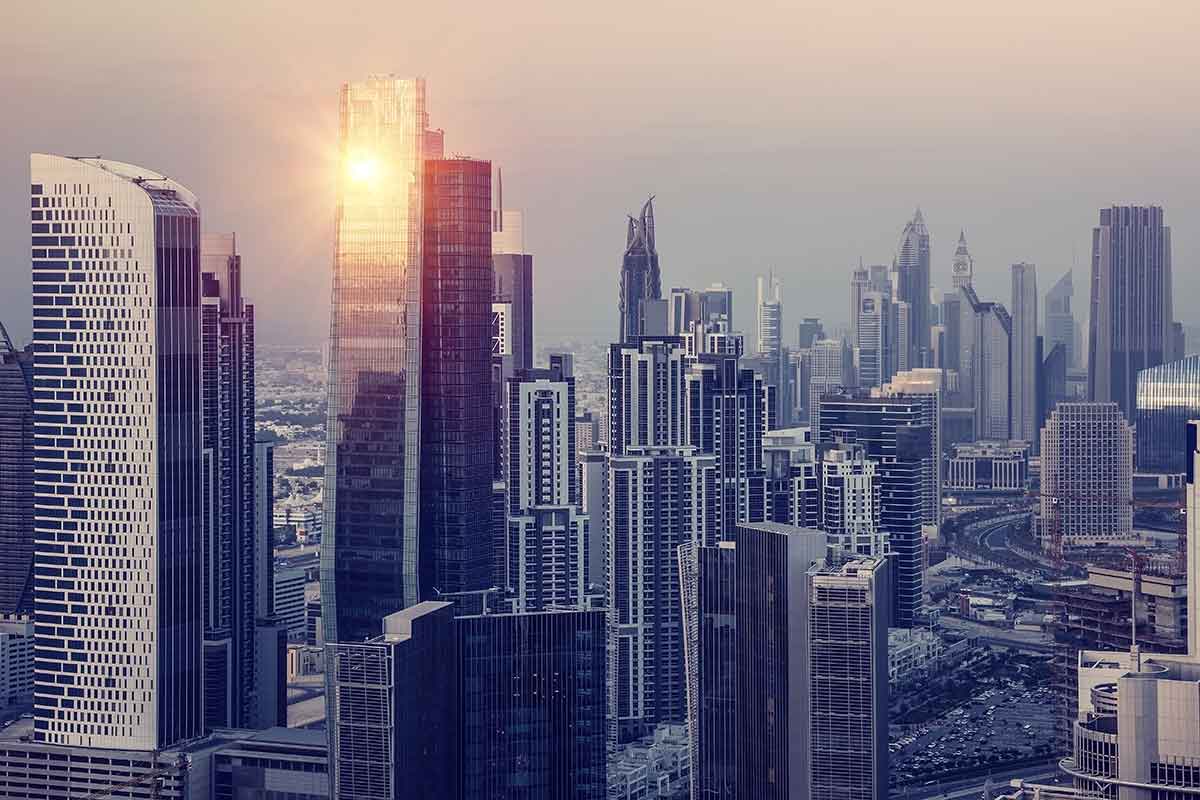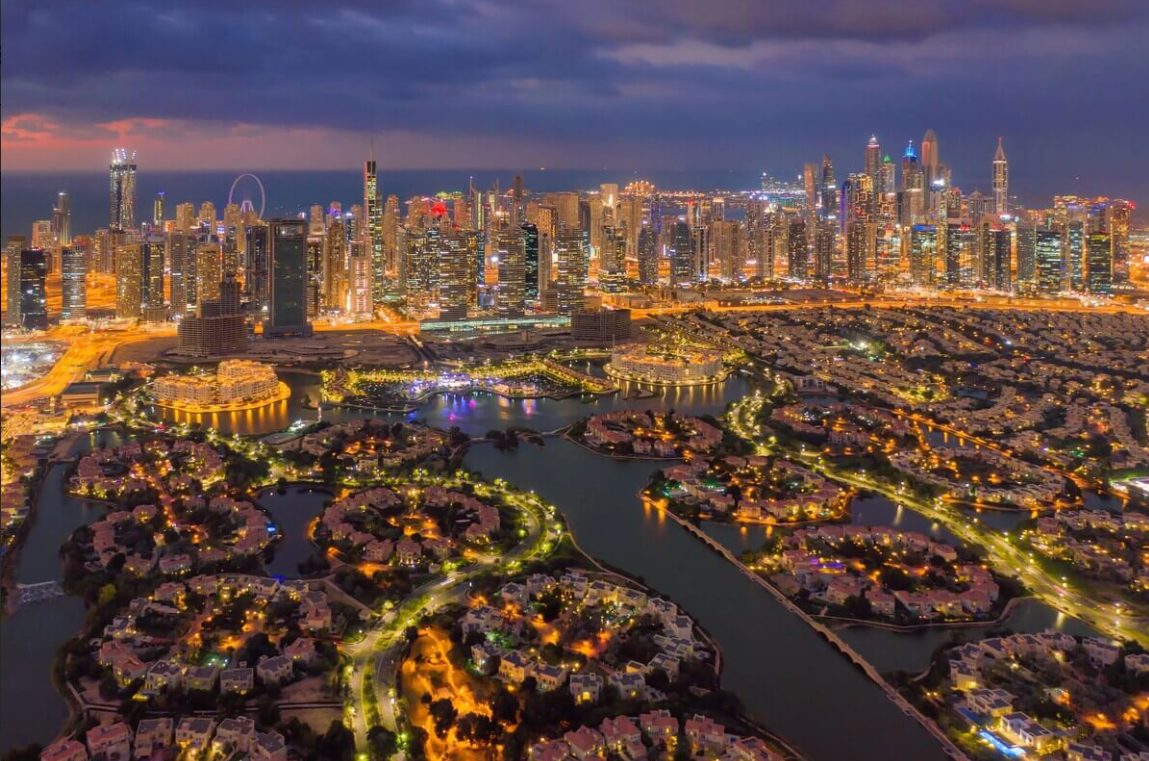
Dubai Real Estate Industry Poised to Deliver 34,000 Units in 2024
Industry experts convened at a panel discussion foresee continued growth in the UAE’s real estate market throughout 2024, despite global economic uncertainties. Projections indicate that Dubai and Abu Dhabi will collectively contribute approximately 34,000 and 8,000 units, respectively, to the burgeoning real estate landscape. Read this also : Zayed Housing Programme: A Key Contributor to Housing Solutions in 2023 The positive trajectory can be attributed to robust economic fundamentals, proactive government initiatives, and heightened investor confidence, which are paving the way for sustained growth across various asset classes in the UAE’s dynamic market. Notably, the real estate sector is anticipated to maintain its upward trajectory, building upon the momentum and strong buyer demand witnessed in 2023. Read this also : Dubai to Allocate 15% of Property Sales to Emirati Brokers James Allan, CEO of JLL’s Middle East and Africa (MEA) division, highlighted the real estate sector’s resilience as a key driver of the UAE’s diversification agenda. Despite inflationary pressures, the sector is poised for continued growth in 2024, underpinned by favorable investment climate and stability amidst global uncertainties. Read this also : Expo Sharjah Plans Expansion to Attract New Exhibitors and Boost Economic Growth While residential transaction volumes and values have been on the rise annually, experts predict a gradual slowdown in the rate of growth in the coming year. Nonetheless, niche markets such as luxury real estate and emerging segments like co-living spaces and wellness-focused projects are witnessing steady growth trends. Read this also : Exclusive Ramadan Offer: 50% Discount on Haramain High-Speed Railway Tickets for Umrah Travelers Property Monitor forecasts a robust supply pipeline in Dubai’s residential market, with over 40,000 units slated for delivery in 2024 following the introduction of nearly 100,000 units in 2023. The sector’s strong performance, characterized by double-digit price increases and sustained demand, underscores its resilience and attractiveness to investors. Furthermore, speakers at the JLL panel discussion highlighted improved prospects for the real estate industry across the broader Gulf Cooperation Council (GCC). Supported by private and sovereign wealth and increased infrastructure spending, the region remains less vulnerable to global economic challenges. Read this also : Unlocking Freedom: 4 Criteria for Applying for the UAE Green Visa as a Skilled Worker The UAE’s status as a global financial and business hub continues to attract interest from global institutions, particularly in core asset classes such as residential, hospitality, and office spaces. The commercial real estate sector, in particular, presents opportunities driven by supply-demand imbalances and competitive pricing strategies. Additionally, sustainability and technological advancements are reshaping the real estate landscape, with a growing emphasis on energy-efficient designs and green building techniques. Financial institutions are increasingly offering competitive loans for environmentally friendly projects, reflecting the industry’s commitment to sustainability. Read this also : The Abu Dhabi real estate market boomed last year, with transactions reaching $23.7bn as sales activity grew 160% In Dubai, launches of luxury off-plan properties have surged, catering to the growing demand for affordable housing. Meanwhile, the office market witnesses a high demand for flex spaces and Grade A offices, underscoring evolving work patterns and preferences. The industrial sector, buoyed by robust demand for logistics and warehousing solutions, is poised for significant growth, driven by government-led initiatives and the rise of e-commerce. The UAE’s strategic position as a logistics hub further enhances its appeal to investors seeking opportunities in the manufacturing and logistics sectors. In summary, the Dubai real estate industry’s resilience, coupled with favorable market dynamics and government support, positions it for continued growth and investment attractiveness in 2024 and beyond.










